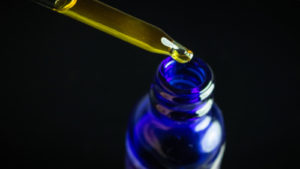
CBD And Diabetes
Diabetes mellitus is caused due to the lack of insulin which means that glucose will not be absorbed by the body tissues effectively. Individuals with diabetes manage their conditions with medication, exercise, and diet.
As cannabis has a broad spectrum of medicinal action, researchers have started focusing on how its medicinal properties can be exploited to help diabetes patients. Most studies focus on the immunosuppressant potential of CBD.
Diabetes And Its Causes
Type 1 diabetes is an autoimmune disease where the β-cells in the pancreas are destroyed, causing insulin deficiency. Insulin is the key hormone that regulates insulin levels in one’s body. Type 1 diabetes symptoms can be noted in early life itself. High blood glucose levels, excessive urination, excessive thirst, and blurred vision are some of the common symptoms of type 1 diabetes.
Type 2 diabetes is caused by resistance to insulin action and inadequacy in compensatory insulin secretion response. Most often, people with type 2 diabetes are obese.
Type 2 diabetes has a longer onset of symptoms, unlike type 1 diabetes. The treatment of type 2 diabetes does not usually involve exogenous insulin whereas people with type 1 diabetes often depend on exogenous insulin.
CBD And Diabetes
As mentioned before, type 1 diabetes is caused by the destruction of β-cells accelerated by the presence of inflammatory cytokines, free radicals, and oxidant species. Studies have suggested that the administration of CBD brought down the levels of pro-inflammatory cytokine IL-6 and increased the levels of the anti-inflammatory cytokine, IL-10. The results support the possibility of using CBD to reduce autoimmune responses associated with conditions like diabetes.
More research is required to find how effective is CBD in handling diabetes symptoms and possible complications.
Different Types Of CBD Products
CBD products are available in different forms with varying concentrations and intake methods.
Some of the common CBD product types include:
CBD oil: CBD oil is an effective CBD product that often comes in a highly concentrated form with hardly any flavor additives or colors dampening the CBD concentration in the oil. CBD oil is often taken sublingually.
Edibles: CBD edibles offer a convenient CBD intake method although the percentage of absorption of cannabinoids is lesser with edibles. When diabetic people are choosing CBD edibles, look for sugar-free options.
Vapes: Vaping is a highly bioavailable CBD intake method that promises fast-acting effects.
Active research regarding CBD and diabetes treatment seems quite promising.


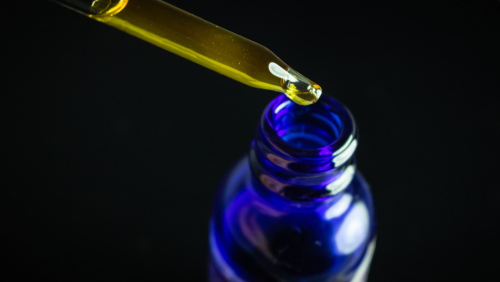
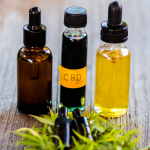
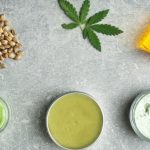

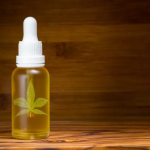




Leave A Message